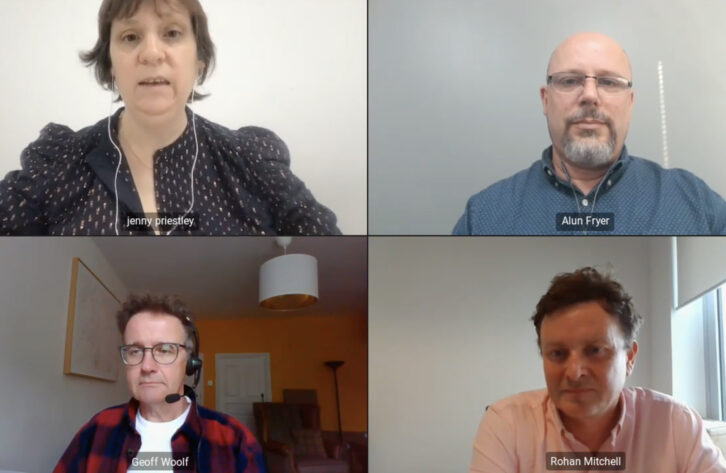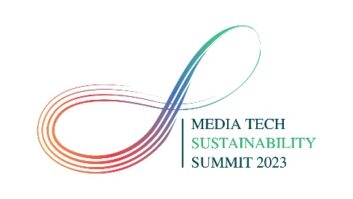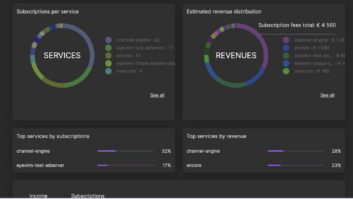A poll by TVBEurope has found that most people within the media technology industry believe innovation and technology have the biggest impact on the sustainability values within their organisation.
As part of our webinar with Ross Video we asked the audience to vote on what factors they considered to have the greatest positive impact on the sustainability values of their organisation.
The poll offered four options: Robust policies, innovation and technology, employee and engagement and supply chain practices.
An overwhelming 43 per cent of the audience voted for innovation and technology.
Robust policies received 29 per cent of the vote, followed by employee engagement and supply chain practices with 14 per cent of the vote each.
Speaking as part of the webinar panel, Geoff Woolf, lead project manager – sustainability at the BBC, said he was surprised that supply chain practices didn’t receive more votes, adding that many people underestimate the importance of the supply chain.

Woolf explained that the BBC’s technology carbon footprint is around about 10 per cent of the broadcaster’s overall carbon footprint.
“To put that into perspective, the top six vendors I’m dealing with as part of [our] sustainability engagement project, their carbon footprint is about three times that of the BBC’s entire global property estate. So that’s why supply chains are important,” he added.
“All the factors listed are really important, but the one that’s going to make a difference to our individual carbon footprint is the supply chain.”
As part of the webinar, the panel also discussed whether they expect sustainability to be a topic of conversation at IBC Show. Woolf warned that he’s instructed anyone attending on behalf of the BBC to bring the topic up when meeting vendors.
“I’m not expecting many of the vendors to be able to say ‘oh, yes, that’s 411 kilogrammes,'” he explained. “But it starts to highlight that this is important and we need to know this stuff. If a vendor can demonstrate that their product has a lower carbon footprint, and there’s straight competition say between two or three very similar products or very similar prices, that will be a competitive advantage. I think.”
Rohan Mitchell, ESG director at EMG Group said he’s happy to have those conversations at IBC, adding he believes it’s important to work with clients and suppliers on reducing a production’s carbon footprint.
“It should be cross-industry, working together to become more efficient, more sustainable, and sharing of information. We’re sharing initiatives, and that’s really an important thing for us. We’re happy to be in this in this movement going forward,” he said.
“IBC is about relationships and partnerships,” agreed Alun Fryer, technical marketing lead for Hyperconverged Solutions at Ross Video. “Whether you are a vendor, service provider or a broadcaster, we’ve got to look at this as a partnership and how we can meet all of our collective goals and reduce our carbon footprints.”
The full webinar is available to watch on-demand.







